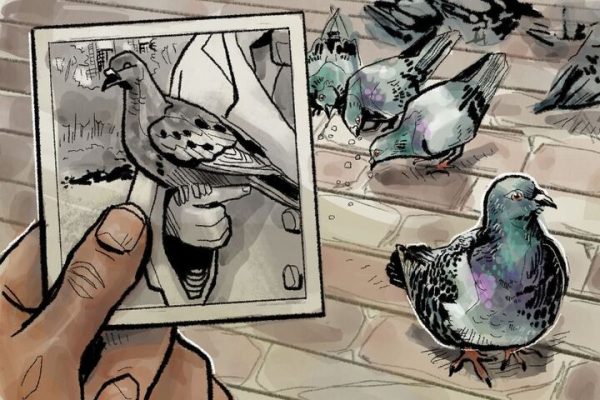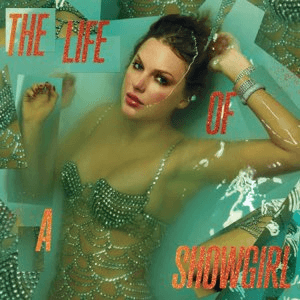OPINION: You can’t talk about feminism without intersectionality
Chimamanda Ngozi Adichie, global feminist icon, and author of “We Should All Be Feminists,” perfectly defines feminism in a way that explains the full purpose of the movement, and how inclusive the movement should truly be.
She defines it as “a person who believes in the social, political and economic equality of the sexes.”
Adichie defines feminism in a way that includes everyone in the fight for equality.
When we talk about feminism, we have to talk about intersectionality. If your feminism does not include the intersectionalities of race, class, sexual orientation, gender identity, and disability/ability, you are not a feminist.
Feminism has almost always focused on issues faced by middle-class white women. Whether it’s equal pay, access to affordable healthcare, or education, feminism has to expand the lens of the “average white women”.
Reproductive justice has been an important topic on the table, but if we fight for the rights of cisgender women to have access to abortions, we must talk about and include the rights of trangender men. Reproductive justice must extend to women and trans men who are impoverished and have no financial access to contraceptives, let alone abortions.
If we want to talk about violence against women, the conversation needs to extend to violence against transgender women or people who are gender nonconforming.
According to the Human Rights Campaign, as of Oct. 14, 2019, there have been a total of 22 murders of transgender or gender-nonconforming people this year alone — a majority of whom were black.
Everyone’s favorite statistic is “a woman makes 78 cents to a man’s dollar.” What they don’t tell you is that black women earn 64 cents to a white man’s dollar and Hispanic women only earn 56 cents.
Feminism is not the “war on men.” Feminism is the equality of all sexes, free from gender-based violence, free from financial oppression, and free to have access to affordable healthcare for all. If your feminism does not include women of color, trans women, nonbinary or gender nonconforimg, it is not feminism.
I encourage everyone to read “We Should All be Feminists” and “A Feminist Manifesto,” books that put feminism into perspective in a simple but powerful way.
It is time to end the trope that all women have the same experiences as others. This perpetuates violence and systemic oppression to women all over. Unpacking our feminism and privilege means focusing on issues that we may never experience and being an advocate and ally for women of all intersections.









